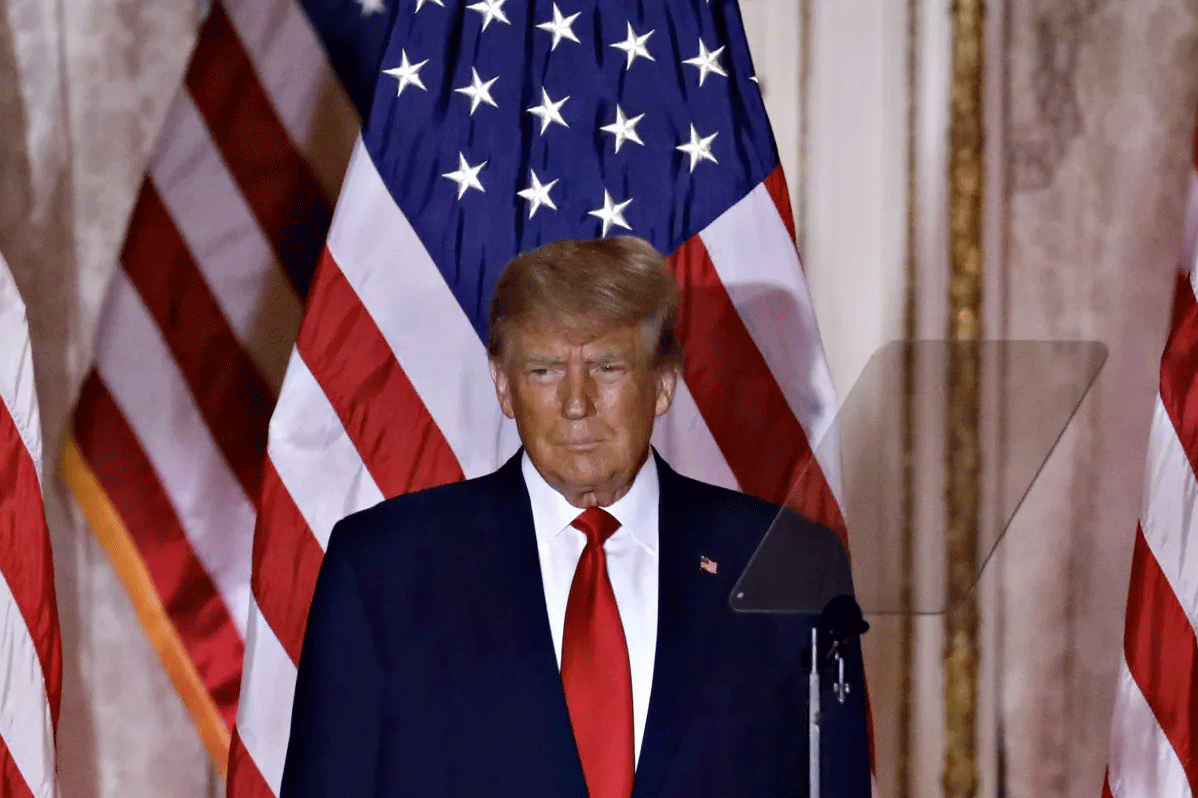
The key positions in Trump’s cabinet have been chosen and the list of cabinet members is awaiting approval from the US Senate. There are unexpected factors, including Scott Bessent as Treasury Secretary.
Commenting about Trump's recent personnel decisions for the new administration, Michael Kokalari from VinaCapital said the decisions would help reduce risks for investors in Vietnam.
Kokalari said Trump’s second presidency may not bring Vietnam big benefits as seen in the first presidency, but risks from tax policies such as economic slowdown in growth, are very low.
Kokalari’s comments are contrary to warnings raised by many experts since the day Trump was re-elected.
Trump last week chose Scott Bessent as Treasury Secretary, who, as Kokalari commented, is an ‘ideal minister’ for Vietnam.
Bessent has many times repeated that Trump’s proposals related to tariffs, which are considered ‘extreme’, may be eased during negotiations. Trump's recent announcement that he plans to impose 25 percent tariffs on Canada and Mexico could be read in this light.
The good thing for Vietnam is that Bessent supports the US geopolitical goals as it related to tariffs. The details of how this strategy might work, as well as other aspects of Trump’s tariff strategy, have been outlined in a report called “Guidelines for Reforming the Global Trading System”.
The document was widely distributed after Trump won the election, prepared by a senior advisor in economic policy who served under the Trump’s first presidency. The person is believed to have a close relations with Bessent.
No heavy tax on Vietnam?
Michael Kokalari said the 40-page report mentions the reconsideration of geopolitical factors to define tariffs for every country. This shows that bipartisan belief in Vietnam’s useful role in helping the US achieve its geopolitical goals will ensure that Vietnam will not be targeted by Trump with heavy tariffs.
Before President Joe Biden took office, there were concerns that Vietnam would not be as 'lucky' was before, especially when compared to the period of the US-China trade war initiated by Trump. However, the Atlantic Council's "The Longer Telegram" report released in January 2021 dispelled concerns and affirmed that the US-Vietnam relationship would continue to be strengthened during Biden's term. This has been proven.
Meanwhile, "Guidelines for Reforming the Global Trading System" in 2024 suggests that the Vietnam-US relationship under the upcoming Trump administration will go "from neutral to positive", VinaCapital said.
The report claims that tariffs could be used to encourage the return of manufacturing jobs to the US, similar to the 1985 “Plaza Accord” agreement that weakened the dollar but also strengthened its role as the world’s reserve currency.
Kokalari disagrees with the opinion that South Korean enterprises may delay or reduce their investment in Vietnam. Investments from large Korean companies continue to flow into Vietnam because wages in Korean factories are nearly 10 times higher than in Vietnam, and Koreans are aging faster than Japanese at the peak of its demographic decline.
These enterprises are unlikely to change their production plans in Vietnam if exports from South Korea and Vietnam to the US face similar tariff burdens, and Vietnam may even enjoy more favorable tariff treatment than other Asian exporters under Trump’s administration.
Kokalari noted that geopolitical factors shape the US economic relationship with countries around the world. This is ideal for Vietnam because of its "Bamboo Diplomacy" strategy with big countries.
VinaCapital has said that the re-election of Donald Trump as US President would not have a major impact on Vietnam’s economy. Vietnam could help the US reduce its dependence on made in China goods, which would be too expensive if made in the US.
However, markets, including Vietnam, may be affected by Trump’s unexpected statements and posts on social networks.
The highest risk for Vietnam’s stock market in the immediate time is the possible appreciation of the greenback. The other risk could be Vietnam’s trade surplus with the US (about $100 billion), the third largest surplus (after Mexico and Canada).
According to VinaCapital, Vietnam needs to take prompt action to reduce the surplus in trade with the US by buying more US products, such as LNG (Liquefied Natural Gas) and airplane engines.
Manh Ha